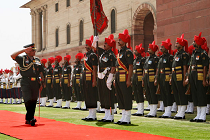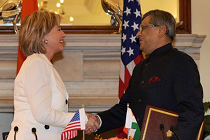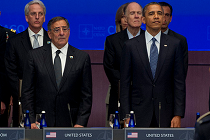Romney vs. Obama: A problem of class
At the heart of the U.S. Presidential elections campaign is a debate about class. This time, the scenario is different: recession, slow economic recovery, the Occupy movement and many financial scandals have expanded the domain for the forbidden topic.










